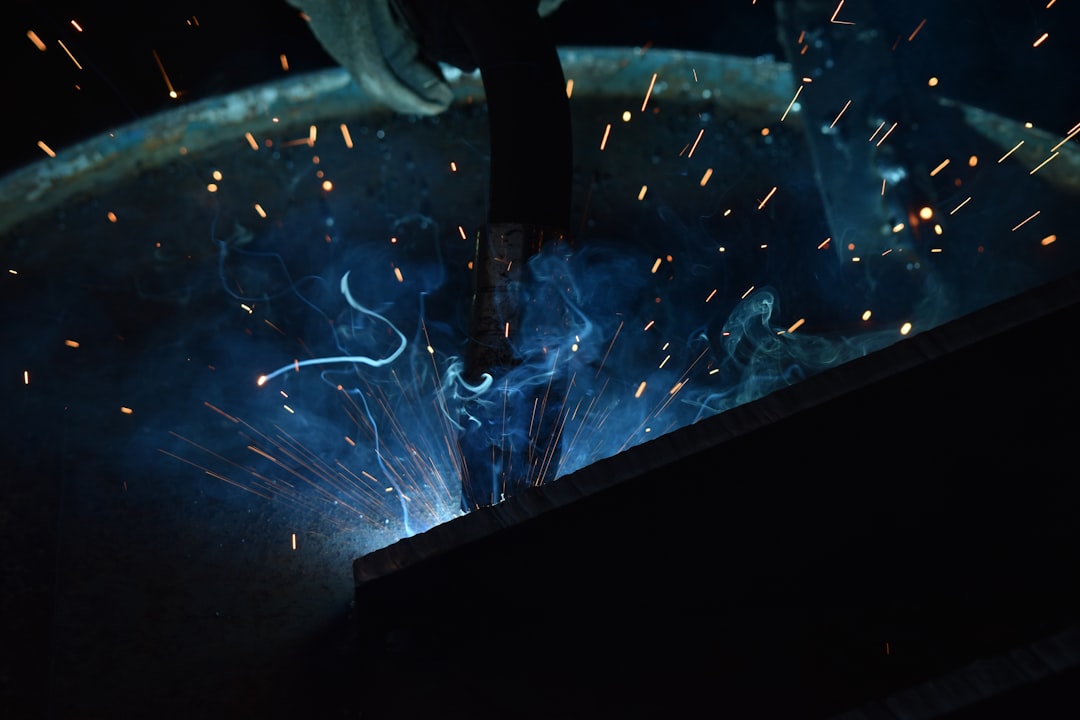Choosing the right steel supplier can significantly impact your project’s success, from cost-effectiveness to timely completion. A poorly chosen supplier can lead to delays, inferior materials, and ultimately, financial losses. This comprehensive guide will walk you through the key factors to consider when evaluating potential steel suppliers, empowering you to make informed decisions and forge a strong, reliable partnership.
1. Assessing Steel Quality and Assurance
The cornerstone of any successful steel procurement strategy is ensuring consistent, high-quality materials. Don’t solely rely on marketing claims. Demand detailed information about the supplier’s quality control processes. Ask for certifications and test reports verifying the steel’s chemical composition, mechanical properties (tensile strength, yield strength, elongation), and compliance with relevant industry standards (e.g., ASTM, EN, JIS). Inquire about their traceability systems – the ability to track the steel’s origin and journey through the manufacturing process. A robust quality management system (QMS) certified to ISO 9001 is a strong indicator of a commitment to quality. Look for suppliers who proactively conduct internal audits and implement corrective actions to prevent defects.
2. Verifying Certifications and Compliance
Beyond general quality assurance, investigate specific certifications relevant to your industry and project needs. This might include certifications related to environmental management (ISO 14001), occupational health and safety (ISO 45001), or specific steel grades or applications. Confirm that the supplier adheres to all relevant legal and regulatory requirements concerning safety, environmental protection, and ethical sourcing. Request copies of their certifications and licenses and verify their authenticity with the issuing bodies. Don’t hesitate to conduct site visits to observe their operations firsthand and assess their commitment to safety and environmental responsibility.
3. Understanding Pricing Strategies and Negotiation
Steel pricing can fluctuate significantly based on market conditions and raw material costs. Avoid suppliers who offer unrealistically low prices, as this could indicate compromised quality or hidden costs. Request detailed pricing breakdowns that clearly outline all charges, including transportation, handling, and potential surcharges. Negotiate contracts that offer price stability over a defined period, especially for large-volume orders. Explore options like volume discounts and long-term supply agreements to secure favorable pricing. Compare quotes from multiple suppliers to identify the best value proposition, considering both price and quality.
4. Evaluating Delivery Reliability and Logistics
Timely delivery is critical for project success. Evaluate the supplier’s track record in meeting deadlines. Ask for references and check their past performance with other clients. Assess their logistical capabilities, including their warehousing facilities, transportation network, and inventory management systems. A supplier with efficient logistics can minimize delays and ensure the timely arrival of materials. Inquire about their contingency plans for handling unforeseen events, such as supply chain disruptions or transportation delays. Clarify their order fulfillment process and communication protocols to ensure transparency and proactive issue resolution.
5. Building Strong Supplier Relationships
Selecting a steel supplier is not just about finding the cheapest option; it’s about establishing a long-term partnership. Choose a supplier that is responsive, communicative, and proactive in addressing your needs. Look for a supplier that demonstrates a willingness to collaborate, offering technical support and assistance throughout your project. Regular communication and open dialogue are crucial for building trust and ensuring a smooth working relationship. A strong supplier relationship can lead to greater efficiency, cost savings, and improved project outcomes in the long run. Consider factors like their responsiveness to inquiries, their willingness to accommodate your specific requirements, and their overall customer service.
By carefully evaluating these key factors, you can select a steel supplier that meets your project’s specific needs and contributes to its overall success. Remember that due diligence is crucial; don’t hesitate to ask tough questions and thoroughly vet potential suppliers before committing to a long-term partnership.
Tags: steel supplier evaluation, steel quality assurance, steel procurement, steel supplier selection, steel industry




